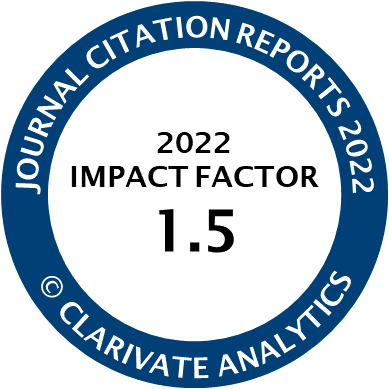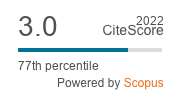Article | Open Access
Taking Care of the Other: Visions of a Caring Integration in Female Refugee Support Work
| Views: | 2670 | | | Downloads: | 1328 |
Abstract: European societies have been significantly challenged recently by intensifying debates around migration and integration. In Germany, the controversy around refugees has put the question of how to negotiate cultural differences back on the agenda. This article argues that female refugee support work volunteers in Germany have developed a compelling approach to handling cultural diversity in emotional, social and cultural practices. Building on interviews with female volunteers, this article demonstrates that research subjects’ interaction with refugees is guided by an ‘ethics of care’. Care ethics is characterised by the recognition of interdependence and relationships, attention to the context and to the particular, blurring of the public and the private and orientation towards the needs of others. The research subjects show that care values, such as responsibility and attentiveness, can serve as an alternative framework to integration and to the negotiation of diversity in everyday encounters. Data from quantitative studies on refugee support work in Germany then reveals that female volunteers politicise their care work to respond to racism and right-wing xenophobia. Ultimately, a political ethics of care has the potential to structurally, politically and emotionally change established understandings of integration and the relations between host societies and immigrants.
Keywords: cultural difference; ethics of care; Germany; integration; refugees
Published:
© Sophia Schmid. This is an open access article distributed under the terms of the Creative Commons Attribution 4.0 license (http://creativecommons.org/licenses/by/4.0), which permits any use, distribution, and reproduction of the work without further permission provided the original author(s) and source are credited.




